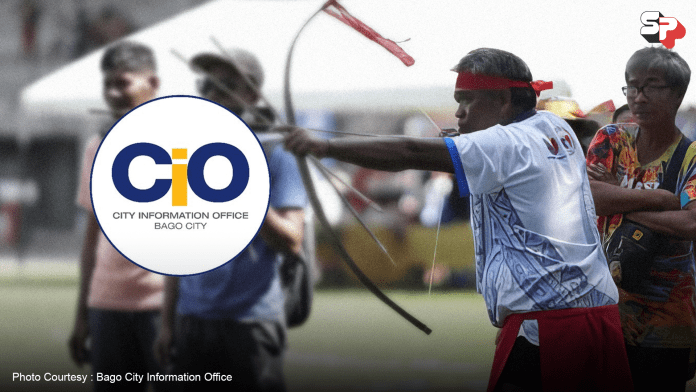BACOLOD CITY – The promotion of rights and wellness of indigenous peoples (IP) was highlighted during the 2024 IP Games Visayas leg in Bago City, Negros Occidental that ended Sunday.
In a statement on Sunday, Philippine Sports Commission (PSC) Chair Richard Bachmann said “delivering the value of sports through a genuine cause for the IP communities is among the top priorities of the PSC.”
“This is the PSC’s way of taking good care of the welfare of our aspiring athletes coming from the minorities,” he said.
The PSC chief thanked Bago City Mayor Nicholas Yulo “for sharing our advocacy of promoting the rights of IP communities through sports.”
“I am also happy that the national and local governments are giving importance in acknowledging and recognizing the members of our IP communities,” Yulo said.
The two-day competition was participated by at least 300 members of various IP communities from 17 local government units in the province.
The competitors played in 10 traditional games — bangkaw (spear), pana (bow and arrow), fire-making, trompo (spinning top), panit lubi (peeling of coconut husk), kadang (bamboo stilt race), palo sebo (greasy pole), tumba patis (tumbang preso), bayo gisig (pounding of palay) and giling mais (grinding of corn).
They came from IP communities in the cities of Bago, Cadiz, Himamaylan, Kabankalan, Sagay, San Carlos, Silay, Sipalay and Talisay, as well as from the municipalities of Binalbagan, Calatrava, Candoni, Cauayan, Don Salvador Benedicto, Hinoba-an, Ilog and Isabela.
In a separate statement, NCIP-Western Visayas said the IP Games Visayas” highlights the importance of preserving and promoting the rich cultural heritage, traditional sports and games of our IPs.”
“With every event, we aim to protect these time-honored traditions for future generations while providing opportunities to discover and nurture potential talents within the communities,” it added.
The IP Games Visayas leg is “not just a showcase of athletic skill and talent, but a powerful platform for fostering peace, unity, and harmony among the diverse indigenous cultural communities of Negros Occidental.” (PNA)

